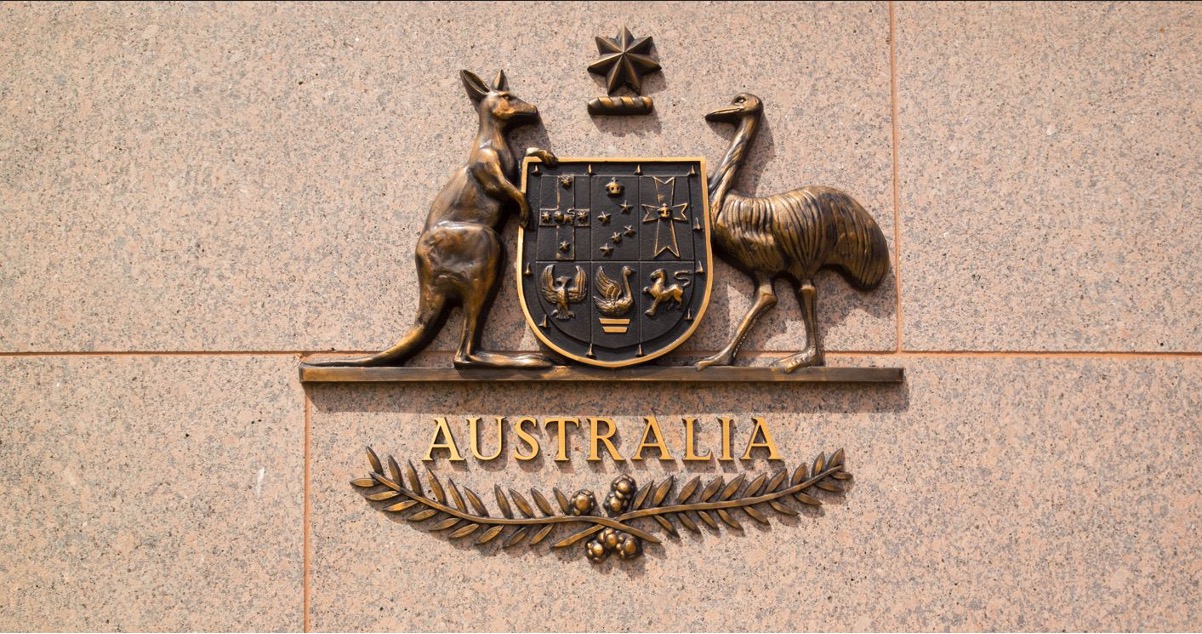Tax and Superannuation Overview
2023-24 Federal Budget Highlights
The Federal Treasurer, Dr Jim Chalmers, handed down the 2023–24 Federal Budget at 7:30 pm (AEST) on 9 May 2023.
The Budget forecasts the underlying cash balance to be in surplus by $4.2 billion in 2022–23, the first surplus since 2007–08, followed by a forecast deficit of $13.9 billion in 2023–24.
The Treasurer has described the tax measures as “modest but meaningful” including changes to the Petroleum Resources Rent Tax and confirmation of a 1 January 2024 implementation of the BEPS Pillar Two global minimum tax rules.
A range of measures provide cost-of-living relief to individuals such as increased and expanded JobSeeker payments and better access to affordable housing. No changes were announced to the Stage 3 personal income tax cuts legislated to commence in 2023–24.
As part of the measures introduced for small business, a temporary $20,000 threshold for the small business instant asset write-off will apply for one year, following the end of the temporary full expensing rules.
The full Budget papers are available at www.budget.gov.au and the Treasury ministers’ media releases are available at ministers.treasury.gov.au. The business tax and superannuation highlights are set out below.
Business highlights
- The instant asset write-off threshold for small businesses applying the simplified depreciation rules will be $20,000 for the 2023–24 income year.
- An additional 20% deduction will be available for small and medium business expenditure supporting electrification and energy efficiency.
- FBT exemption for eligible plug-in hybrid electric cars will end from 1 April 2025.
- Employers will be required to pay their employees’ superannuation guarantee (SG) entitlements at the same time as they pay their salary and wages from 1 July 2026.
Small business depreciation — instant asset write-off threshold of $20,000 for 2023–24
The instant asset write-off threshold for small businesses applying the simplified depreciation rules will be $20,000 for the 2023–24 income year.
Small businesses (aggregated annual turnover less than $10 million) may choose to calculate capital allowances on depreciating assets under a simplified regime. Under these simplified depreciation rules, an immediate write-off applies for low cost depreciating assets. The measure will apply a $20,000 threshold for the immediate write-off, applicable to eligible assets costing less than $20,000 first used or installed between 1 July 2023 and 30 June 2024. The $20,000 threshold will apply on a per asset basis, so small businesses can instantly write-off multiple low-cost assets. The threshold had been suspended during the operation of temporary full expensing from 6 October 2020 to 30 June 2023.
Assets costing $20,000 or more will continue to be placed into a small business depreciation pool under the existing rules.
The provisions that prevent a small business entity from choosing to apply the simplified depreciation rules for 5 years after opting out will continue to be suspended until 30 June 2024.
Increased deductions for small and medium business expenditure on electrification and energy efficiency
An additional 20% deduction will be available for small and medium business expenditure supporting electrification and energy efficiency.
The additional deduction will be available to businesses with aggregated annual turnover of less than $50 million. Eligible expenditure may include the cost of eligible depreciating assets, as well as upgrades to existing assets, that support electrification and more efficient use of energy. Certain exclusions will apply, including for electric vehicles, renewable electricity generation assets, capital works, and assets not connected to the electricity grid that use fossil fuels.
Examples of expenditure the measure will apply to include:
- assets that upgrade to more efficient electrical goods (eg energy-efficient fridges)
- assets that support electrification (eg heat pumps and electric heating or cooling systems), and
- demand management assets (eg batteries or thermal energy storage).
Total eligible expenditure for the measure will be capped at $100,000, with a maximum additional deduction available of $20,000 per business.
When enacted, the measure will apply to eligible assets or upgrades first used or installed ready for use between 1 July 2023 and 30 June 2024. Full details of eligibility criteria will be finalised in consultation with stakeholders.
FBT exemption for eligible plug-in hybrid electric cars to end
The FBT exemption for eligible plug-in hybrid electric cars will end from 1 April 2025.
Arrangements involving plug-in hybrid electric cars entered into between 1 July 2022 and 31 March 2025 remain eligible for the exemption.
Employers to be required to pay SG on payday
Employers will be required to pay their employees’ superannuation guarantee (SG) entitlements at the same time as they pay their salary and wages from 1 July 2026.
Employers are currently required to make SG contributions for an employee on a quarterly basis to avoid incurring a superannuation guarantee charge.
The proposed commencement date of 1 July 2026 is intended to provide employers, superannuation funds, payroll providers and other stakeholders sufficient time to prepare for the change.
Changes to the design of the superannuation guarantee charge will also be required to align with the increased payment frequency. The government will consult with relevant stakeholders on the design of these changes, with the final framework to be considered as part of the 2024–25 Budget.
In addition, funding will be provided to the ATO to, among other things, improve data matching capabilities to identify and act on cases of SG underpayment.
Superannuation measures
- Superannuation earnings tax concessions will be reduced for individuals with total superannuation balances in excess of $3 million from 1 July 2025.
- The non-arm’s length income (NALI) provisions will be amended to provide greater certainty to taxpayers.
Reducing tax concessions for super balances exceeding $3M
Superannuation earnings tax concessions will be reduced for individuals with total superannuation balances in excess of $3 million.
From 1 July 2025, earnings on balances exceeding $3 million will incur a higher concessional tax rate of 30% (up from 15%) for earnings corresponding to the proportion of an individual’s total superannuation balance that is greater than $3 million. The change does not impose a limit on the size of superannuation account balances in the accumulation phase and it applies to future earnings, ie it is not retrospective.
Earnings relating to assets below the $3 million threshold will continue to be taxed at 15%, or zero if held in a retirement pension account.
Interests in defined benefit schemes will be appropriately valued and will have earnings taxed under this measure in a similar way to other interests.
Need help?
If you would like assistance to interpret these changes and how they may affect your individual or business circumstances, please contact your Allan Hall Advisor on 02 9981 2300.
CONTACT ALLAN HALL BUSINESS ADVISORS









